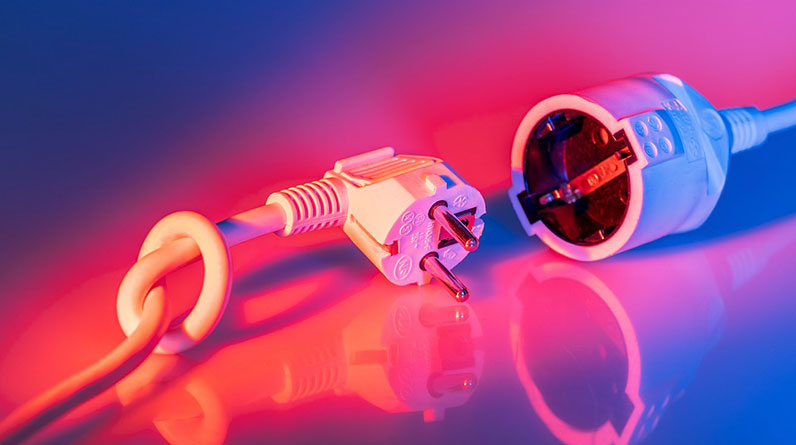Saving Energy Costs When Living Off the Grid
When you live off the grid, you need to get creative if you want to keep your home comfortable and cost-effective.
It’s not easy to access natural gas or propane in remote locations, so going off the grid requires some serious preparation. However, with the right knowledge, it’s possible to not only survive but thrive when living off the grid.
Extensive planning is required before taking this step, but there are many benefits of going off the grid that make it worthwhile. Many people choose this path for environmental reasons or as an opportunity for a simpler life; either way, there are plenty of ways to reduce energy costs when living off the grid.
Here are some tips on how you can go green and stay comfy when living without power wires and city water.
Use the Sun to Stay Comfortable
Solar panels can provide more than just power – they can also help you regulate temperature.
In the summer, solar panels can be used in conjunction with a fan to keep rooms cool, while in winter, you can use them to warm things up a bit. You may not be able to fully regulate the temperature of every room, but this workaround can at least help you manage the temperature of the most important rooms in your home, like the living room and bedroom.
A smart thermostat can be a helpful investment for managing the temperature at any time of year. This will allow you to remotely control the temperature in your home and keep it comfortable. Many smart thermostats now have options for solar panels, allowing you to make the most of the sun.
Plan for Hot Water
You’ll need to decide on your options for providing hot water. This can be done with a solar water heater, which will naturally heat up water during the day and store it until it’s needed at night. This system will provide a constant supply of hot water, even on cloudy days or at night.
If you live in an area with cold winters, you’ll also need to find a way to heat your water. You can do this with an electric-powered water heater (though this will use a lot of energy), or you can use a wood-fired water heater. These devices are more expensive upfront, but they use wood as fuel (which is abundant in most rural areas) to heat water without requiring any power.
Install a Solid-State Battery
Batteries are essential for powering most modern devices and appliances, but they can be expensive to replace and require a lot of energy to be manufactured.
For this reason, many people have switched to using rechargeable batteries, which use less energy. However, if you’re off the grid, you can’t always rely on these batteries.
A solid-state battery can be a helpful solution for powering your devices when there is no power grid available. This is an experimental technology that is still being developed, but it could prove to be an extremely helpful solution for people who want to go off the grid. The battery is expected to be extremely long-lasting and efficient, so it should last you many years.
Go Organic and Ditch the Frills
It may sound like a cliché, but the best way to reduce energy costs is to go back to basics. Switching to organic products in the kitchen can help you reduce your energy use and protect the environment at the same time.
You can go even further by forgoing appliances like blenders, toasters, and microwaves, which constantly run even when not in use. Using these appliances is tempting when you live off the grid, since you won’t have access to other convenience items, but it’s best to resist as your power access may be limited.
Going without frills also means ditching the convenience of modern cleaning products. Swapping them out for old-fashioned solutions like vinegar and baking soda will not only reduce your energy use (since they don’t contain chemicals that require power to produce), but they’ll also be better for the environment.
Conclusion
If you’re thinking of going off the grid, it’s important to plan ahead so you can be as prepared as possible. This will help you set up a system that works for you and your family that uses as little energy as possible. Going off the grid is a lifestyle choice that requires some sacrifices, but it can be a worthwhile experience.
You can reduce your carbon footprint and save money by going without some modern conveniences. Relying on solar panels and other green energy sources is a great way to reduce your dependence on the grid.
